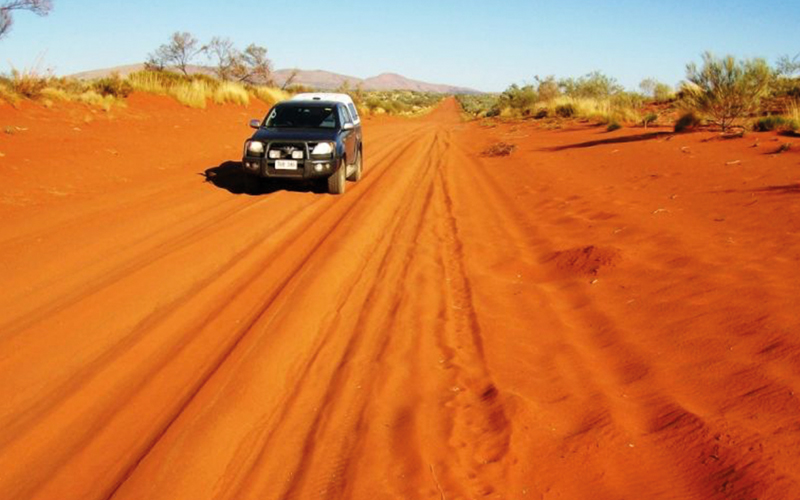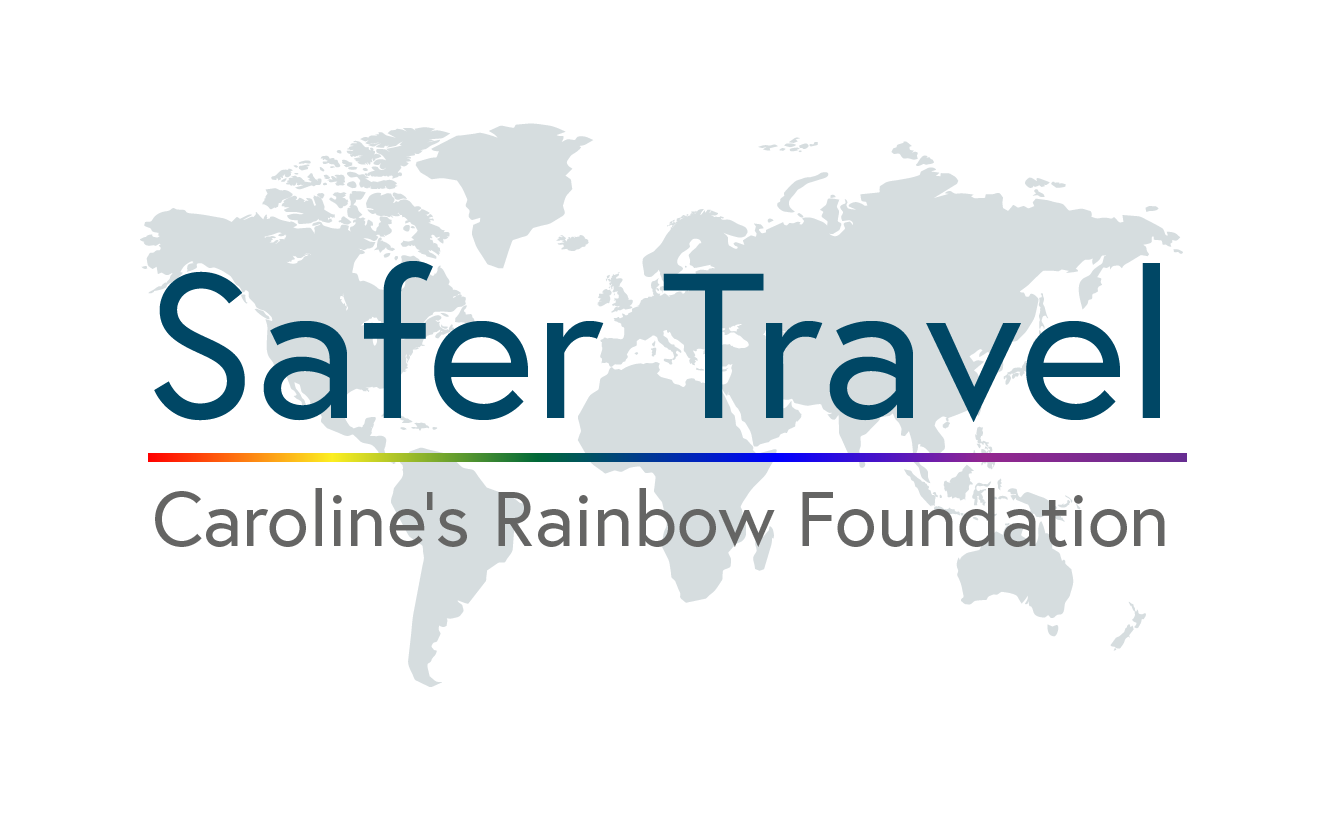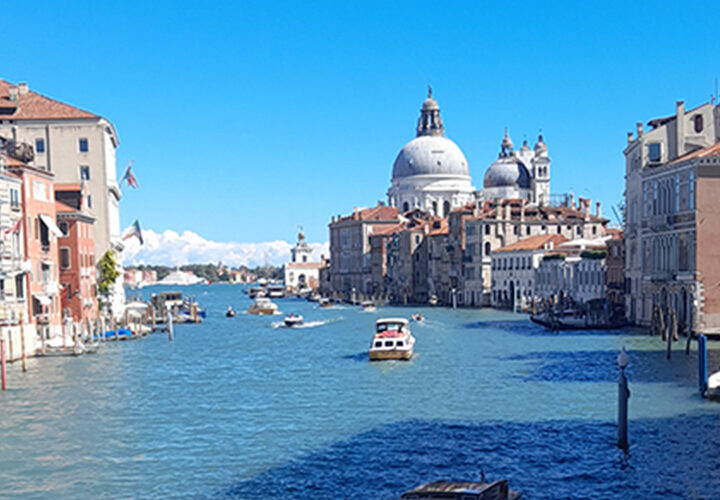Benefits and Challenges of a Gap Year on your Mental Health
The amount of people taking a gap year to travel is increasing, research by Teachingabroad showed that 56% of students that take a gap year travel during that time. A gap year is normally taken before a major change in life such as going to university, starting a new job or having a baby but anyone should consider time to travel at any stage of their life.
The most popular destinations people go to are Thailand and Australia due to having so much to offer, such as learning to surf or scuba dive and many other activities that aren’t available at home, you can learn more about taking a gap year in Australia here. There are many different ways people choose to travel on a gap year, it could be for a few months at a time in different locations, working and volunteering abroad for a period of time or travelling for just half of the year or even longer than a year, there are no rules and you can do whatever suits your lifestyle best.

Benefits of taking a gap year
A major benefit to taking a gap year is the impact it has on your development; long-term travel requires you to be self-reliant and be able to do things for yourself. It’s a lot different to a holiday in a hotel where everything is available to you, it could be finding a place to live in your budget, cooking and shopping for meals, washing and cleaning clothes and where you are living. Having to do this for yourself allows you to gain independence as well as skills that you need in life and that are also transferable to careers and future employment. Also, during this time you will build confidence, you will acquire more diverse knowledge during a gap year, the experience of speaking to different people and showing you own strengths and capabilities.
Meeting new people is also a major positive of travelling, especially on a gap year, meeting like-minded people who also have a passion for trying new experiences and have decided to take the journey of taking time to travel. These people can not only inspire you and help you learn but also may lead you to other people and places that will give you more opportunities after your gap year. Many people make friends for life due to travelling to different places and meeting people who they wouldn’t meet otherwise, as for most of us we make friends from going to school and work with people that we live close to. Not only this but will help with your social development and people skills, improving your skills on how to talk to people in different manners and situations as well as with a variety of people, even people who speak a different language. You will learn to have empathy, compassion and emotional intelligence, all important soft skills to have.

Travelling can also be positive on your mental health too, the confidence and independence gained can help with any self-doubt or worries about the future. We all need a break sometimes, a longer one before doing something life-changing such as starting a new career or higher education. By seeing the world from a different perspective, having new experiences and giving yourself time to think about what you want out of life and what is important to you can be beneficial. It allows you to take a step back from your normal daily routine which can help relieve stress and have a more positive look on life and also help with any hard or life-changing choices, a study showed that 60% of people who took a gap year before university said it helped them decide on the subject to study, so if you have any worries or doubt about the future a gap year could help in making the right decision. The pressure of making such important decisions can take a toll on your mental health and can be overwhelming, especially for people who already suffer from anxiety or other mental health difficulties, so taking some time out can help.

Challenges of taking a gap year
I think one of the biggest reasons people don’t take a gap year is due to fear. A gap year is filled with lots of uncertainty and new things that can cause a lot of worry, especially for people who already have anxiety or other mental difficulties. Challenges and problems will no doubt pop up as they do with all things, but the fear of something that might happen shouldn’t stop you from taking opportunities.
It’s also common for people to not take a gap year due to the fear of getting left behind in school or their career as they see it as a year off, which isn’t the case. It’s learning in a different way, learning through exposure to new things and experiences which can be just as important as an education from work or school. The work experience, skills and volunteering you may do will really boost your CV for future job interviews. Not only this but it can also help prevent burnout and make you feel rejuvenated and motivated to jump into school or a career, from having time to focus on yourself for a while and now with more confidence than before, due to the new skills and knowledge you have developed.
Another challenge is the financial barriers and the cost of a gap year. On average, a gap year costs £2,258 a month but obviously can differ depending on destinations and what you are wanting from your time travelling. However, there are ways to help with the cost as well as finding cheaper options, one way is researching and booking what you can in advance to find the best and cheapest options as well as looking into travel companies that offer cheaper gap year deals. Working whilst travelling is also a good idea to keep money coming in whilst on your gap year, some of the most used ways to make money is working in local restaurants and bars in the area, teaching skills you have such as skiing or surfing as well as teaching English to non-English speakers.
But a major advantage to travelling in more recent years is the availability to work remotely due to the better technology and since the covid pandemic. Research showed that 58% of employers in the UK now allow remote work to their staff in 2023. This makes working and making money to help pay for your gap year a lot easier as you can do it from anywhere if you have internet access!

Something that can be hard emotionally is missing home and the friends and family you will be leaving behind, research showed that between 50% and 70% of people have felt homesick at some point in their life and this can be a lot worse if you are travelling for a long time. The beginning of the trip will always be the most challenging, this can be due to trying to find your feet in a new routine, the cultural differences and barriers as well as missing home and the occasions that you are missing. The best thing to help with feelings of homesickness or any guilt about leaving home is to stay in frequent contact through video calls, phone calls and texts to get updates on what is happening at home and share your experiences with the people you love. Another way to help is to ensure you are not alone whilst travelling, by meeting new people and socialising with a variety of people through joining clubs, taking part in volunteering and work opportunities, considering renting with others or staying in hostiles or even just going to public places and talking to locals.
However, on the opposite side, coming back home after travelling can also cause a lot of difficult emotions such as sadness and dissatisfaction about life, especially if you’re going straight into work. This is called reverse culture shock, which I spoke more about here. Going from a more flexible routine with lots of new experiences and opportunities to a stricter, slower pace way of living can be hard but ensuring you take what you have learnt during your gap year and bring it into your life at home can help. This could be trying out new public places such as restaurants and cafes you’ve never been to, carrying on with hobbies and activities you were doing on your gap year or staying in touch with the people you met during your gap year.
Top tips to help manage anxiety on a gap year
- Don’t compare your life to others. No one is the same so no one’s journey should be the same either, stay on your path of what you need to do for you.
- Set yourself goals to achieve whilst on your gap year, this could be volunteering whilst you travel or learning a new skill. This will help you feel a sense of accomplishment.
- Stay in frequent contact with friends and family at home, this will help with homesickness and help to not feel like you’re missing out on anything important whilst you are away, and you can share your experiences with them too.
- Research before you go and ensure you have knowledge of the destinations you are going to, this will reduce some anxiety as you will know what to expect as well as help to keep you safe.
- Ensure you have the right medical and travel insurance, so you have the comfort of knowing your finances are protected.
So, taking a gap year has both benefits and challenges which need to be considered before taking one. Personally, from the information I have read about gap years, I would highly consider taking one. I think the benefits are so great and the opportunities you come across whilst travelling but also when you come home make it very worthwhile. I think if you can travel, even if it’s not a full year, you should do it!
Top reasons to take a gap year
- Gain independence and confidence from being self-reliant, two very valuable skills for life and employment.
- Help discover who you are, your interests and what’s important to you. Helping with big future decisions.
- Providing personal development, emotionally and socially.
- Experiencing new adventures and opportunities that you would not get a chance to do otherwise.
- Meet new and like-minded people, as well as a variety of different people.
- Witness and learn about the world through different cultures, cuisines and experiences.
Written by Mia Lorriman




